Wrenches are essential tools in any toolbox, whether for professional mechanics, DIY enthusiasts, or homeowners. With so many types of wrenches available, choosing the right one for your project can be overwhelming. This guide will help you understand the different types of wrenches, their applications, and key factors to consider when selecting the right wrench for the job.
There are several types of wrenches, each designed for specific tasks. Knowing the differences between them is crucial for choosing the right tool. Some of the most common types include:
1. Open-End Wrench: This wrench has U-shaped openings on both ends and is used to turn nuts and bolts. Each end is typically a different size, making it versatile for various fastener sizes.
2. Box-End Wrench: With closed-loop ends, the box-end wrench offers better grip and torque for loosening or tightening nuts and bolts. It’s often used in situations where more force is needed.
3. Combination Wrench: This wrench combines an open-end on one side and a box-end on the other, providing the best of both worlds. It’s a versatile option for many types of jobs.
4. Adjustable Wrench: Also known as a crescent wrench, this tool has an adjustable jaw, allowing it to fit various sizes of nuts and bolts. It's perfect for those who need a single tool for multiple fastener sizes.
5. Socket Wrench: A socket wrench, or ratchet wrench, uses a ratcheting mechanism that allows the user to turn a fastener without repositioning the wrench. It’s often used for automotive and mechanical work.
Heavy Duty Type Adjustable Wrench
Choosing the right wrench depends on several factors, including the size of the fastener, the task at hand, and the material you’re working with. Here are the key considerations:
1. Fastener Size: Always match the wrench size to the fastener size. Using the wrong size can damage the fastener or the tool, and make the job more difficult. If you need versatility, an adjustable wrench or a set of combination wrenches is a great option.
2. Type of Work: The type of wrench you choose should match the specific task. For example, if you're working on plumbing, a pipe wrench is ideal, while an automotive project might require a socket or ratchet wrench.
3. Material and Durability: Consider the material of the wrench. Wrenches made from chrome-vanadium steel are highly durable and resistant to corrosion, making them ideal for long-term use in tough environments.
4. Comfort and Grip: A good wrench should be comfortable to use, especially for prolonged tasks. Look for wrenches with ergonomic handles that reduce hand fatigue and provide better control.
Different wrenches are designed for specific tasks, so it's important to know when to use each type:
1. Open-End Wrench: Best for use in tight spaces where a box-end wrench cannot reach. It’s commonly used for plumbing or automotive repairs where two sizes are needed.
2. Box-End Wrench: Ideal for heavy-duty tasks where maximum torque is required. Its enclosed design prevents slipping and is useful for fastening stubborn nuts and bolts.
3. Adjustable Wrench: Perfect for quick fixes where you need to work with different fastener sizes without switching tools. It’s commonly used for household tasks like assembling furniture or working on bikes.
4. Socket Wrench: Essential for mechanical tasks, especially in automotive work, where fasteners need to be tightened or loosened without constant repositioning. Its ratcheting mechanism saves time and effort.
Maintaining your wrenches is essential to ensure they perform well over time. Here are some tips to keep your tools in good condition:
1. Clean After Use: Always clean your wrenches after each use, especially if they’ve been exposed to oil, grease, or dirt. Wipe them down with a clean cloth and use a degreaser if necessary.
2. Store Properly: Keep your wrenches in a dry, organized space to prevent rust and damage. Consider using a tool chest or wall-mounted tool organizer to ensure easy access and protection.
3. Lubricate Moving Parts: For adjustable and socket wrenches, regularly lubricate the moving parts to keep them operating smoothly. This helps prevent wear and tear on the tool.
Q: What is the most versatile wrench to have?
A: The adjustable wrench is the most versatile tool, as it can be adjusted to fit a wide range of fastener sizes. It’s perfect for general household tasks and DIY projects.
Q: What size wrench do I need?
A: The size of the wrench depends on the size of the fastener you’re working with. It’s always a good idea to have a set of combination wrenches or an adjustable wrench to cover various sizes.
Q: How do I prevent my wrenches from rusting?
A: Store your wrenches in a dry place, and make sure to clean and dry them after use. You can also apply a light coat of oil to prevent rust, especially if the wrenches are stored in a humid environment.
Q: Can I use an adjustable wrench for everything?
A: While adjustable wrenches are versatile, they are not always the best choice for high-torque tasks. In such cases, a box-end or socket wrench may be more suitable to prevent damage to the fastener or the tool.
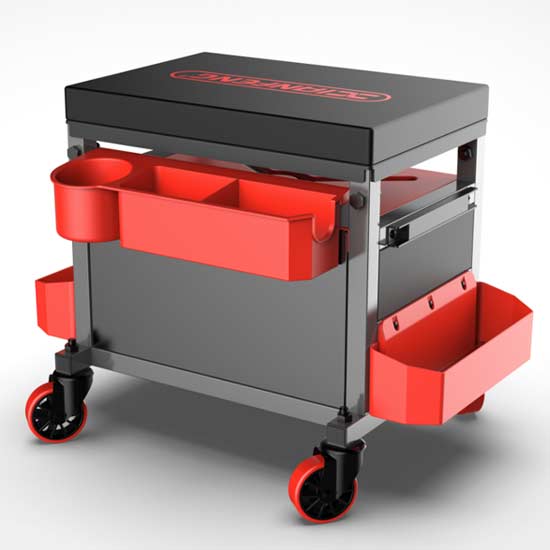 Tool seat
Tool seat
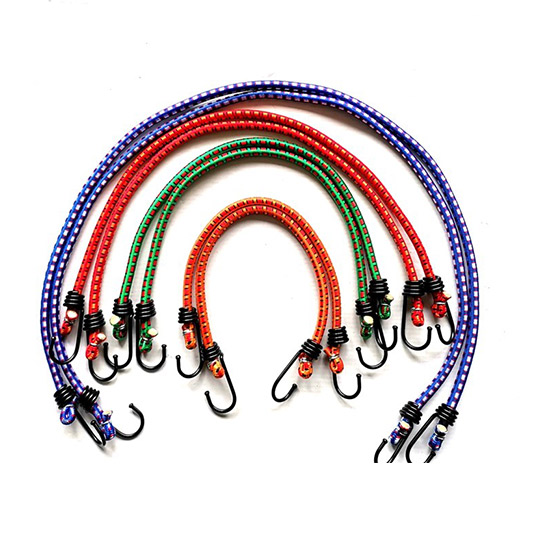 Stretch Cord
Stretch Cord
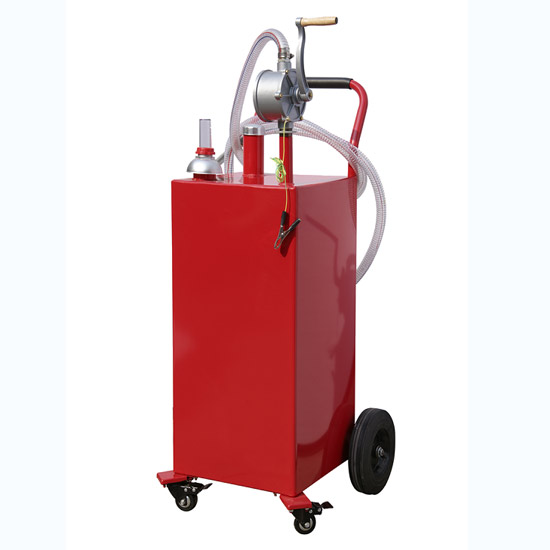 Oil Pump
Oil Pump
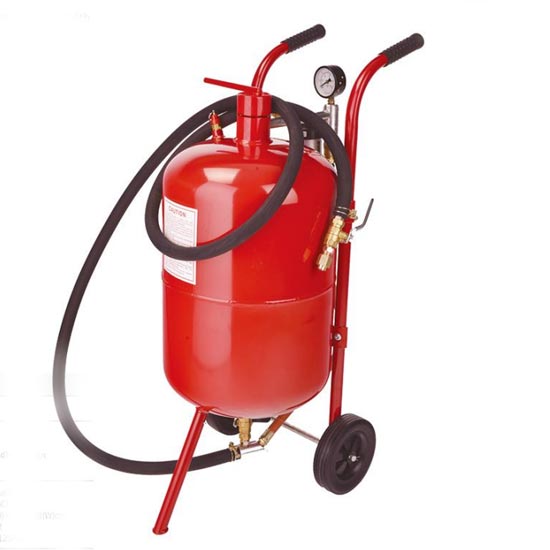 Sandblast Pot
Sandblast Pot
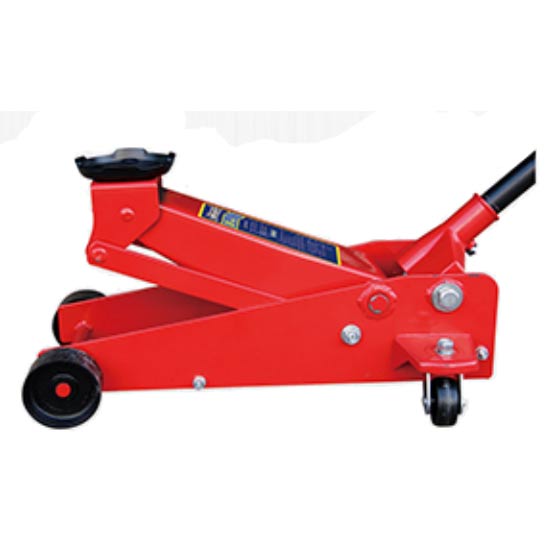 2.25 Ton Hydraulic Floor Jack
2.25 Ton Hydraulic Floor Jack
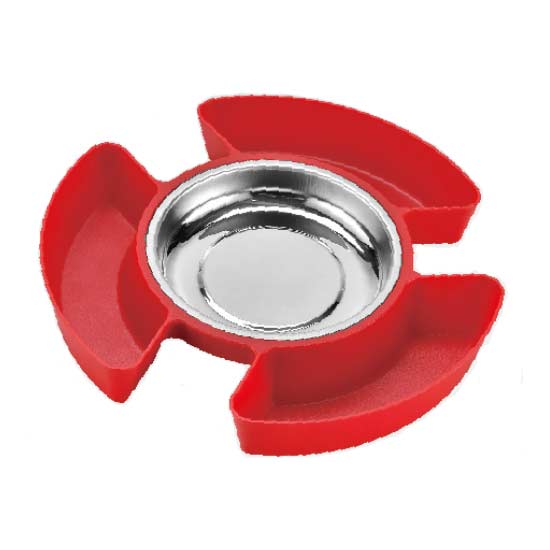 Magnetic Tray With Tool Plate
Magnetic Tray With Tool Plate
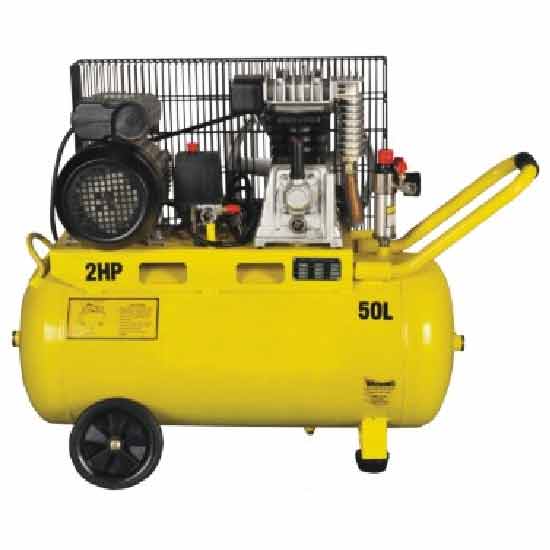 Single-stage Air-cool Movable Air Compressor
Single-stage Air-cool Movable Air Compressor
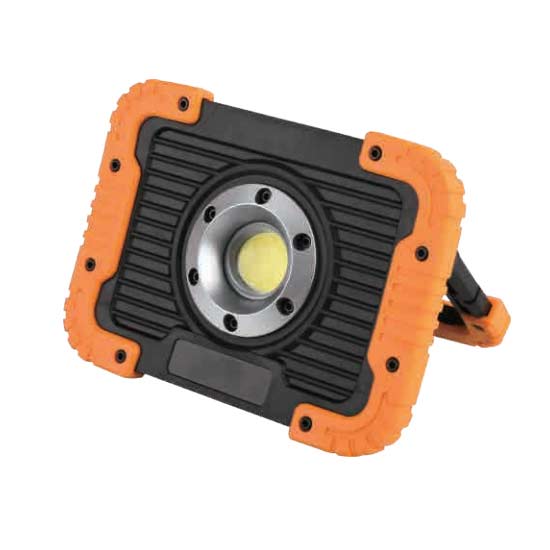 10W Rechargeable Led Flood Light
10W Rechargeable Led Flood Light
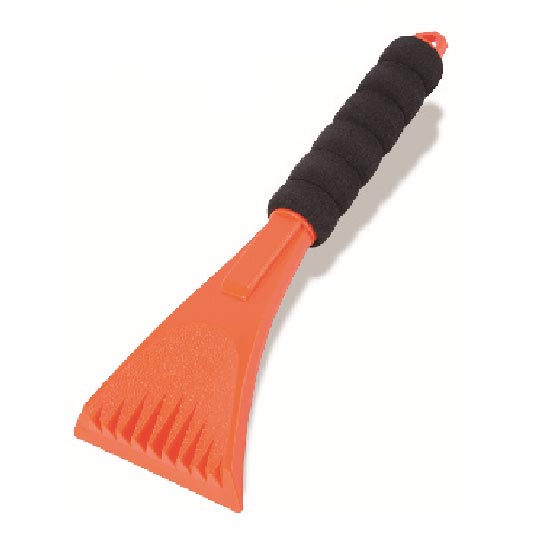 Ice Scraper
Ice Scraper
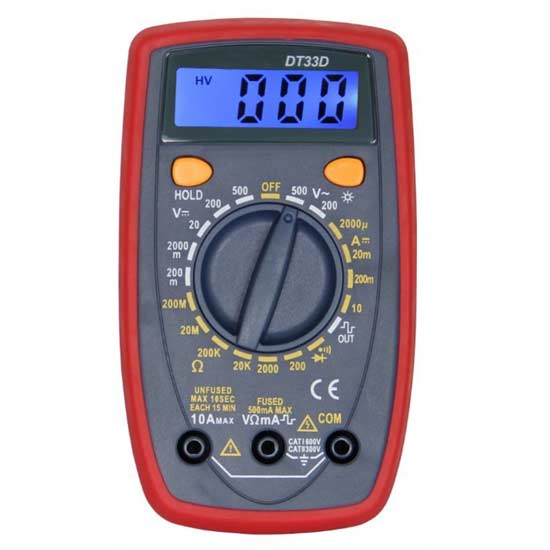 Small Multimeter with Backlight
Small Multimeter with Backlight
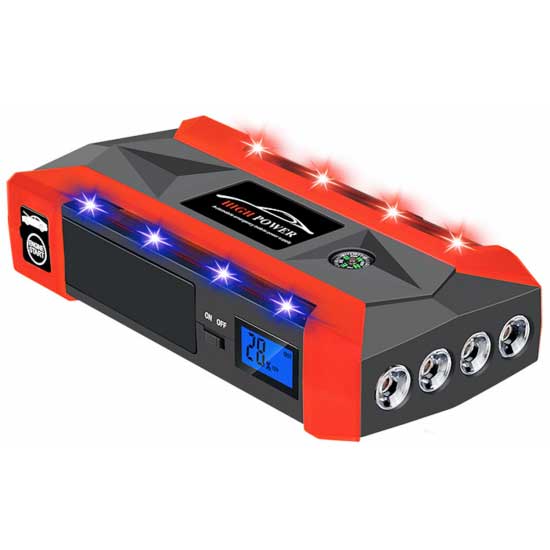 Jump Starter With 4 Led Lights
Jump Starter With 4 Led Lights
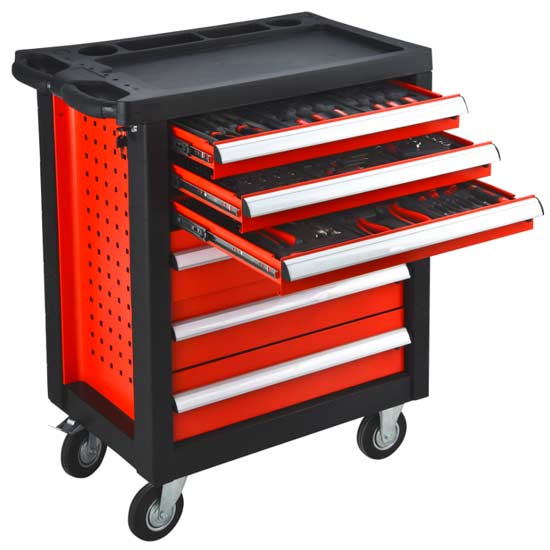 Steel Tool Cabinet
Steel Tool Cabinet
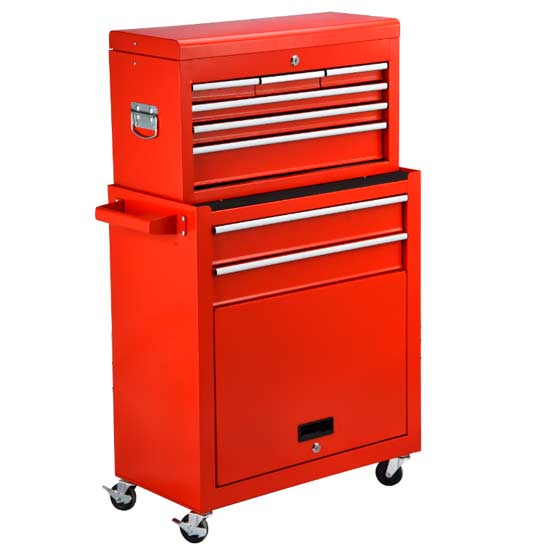 Large Tool Cabinet
Large Tool Cabinet
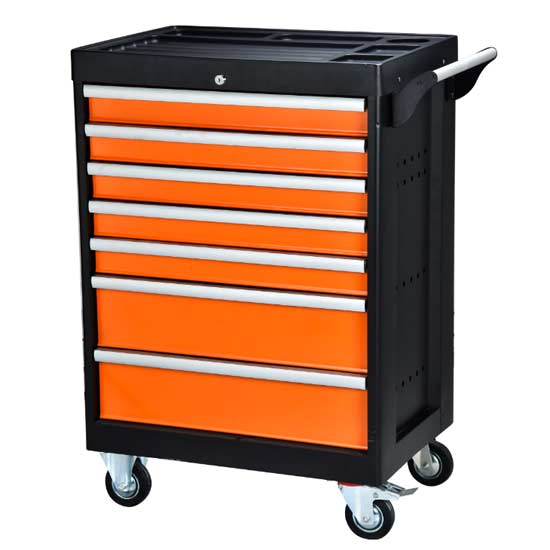 Tool Storage Cabinet
Tool Storage Cabinet
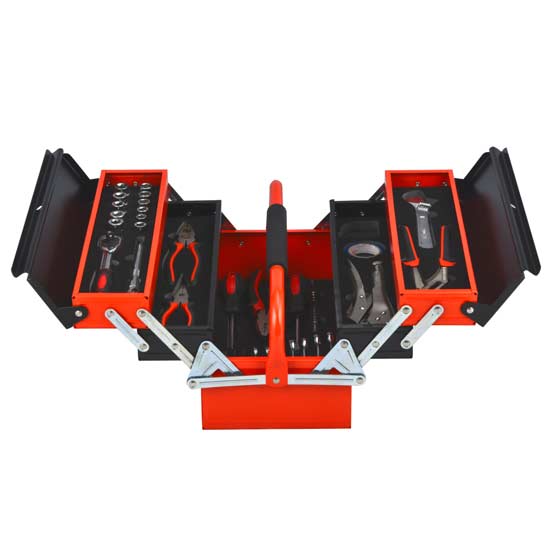 Metal Tool Box
Metal Tool Box
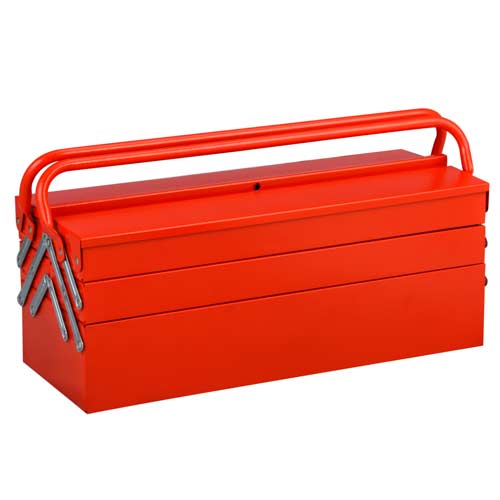 Large Metal Tool Storage Box
Large Metal Tool Storage Box
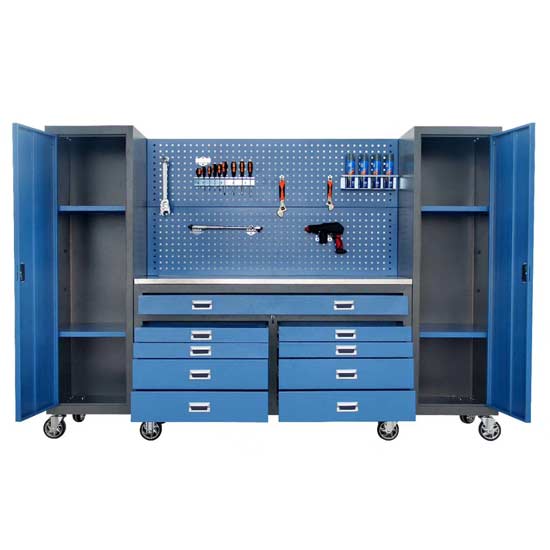 Blue Metal Tool Cabinet
Blue Metal Tool Cabinet
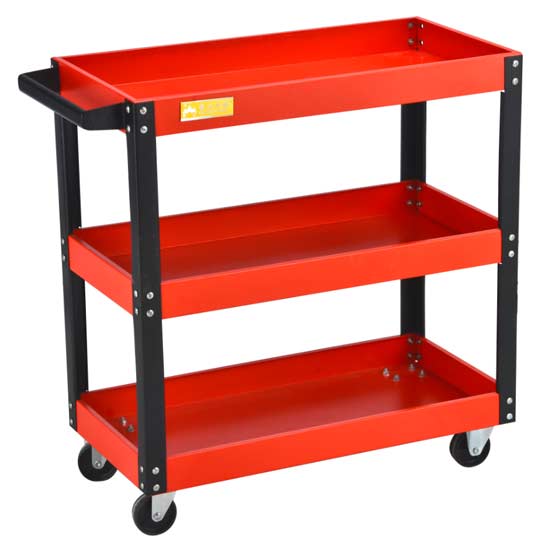 Red Steel Tool Trolley
Red Steel Tool Trolley
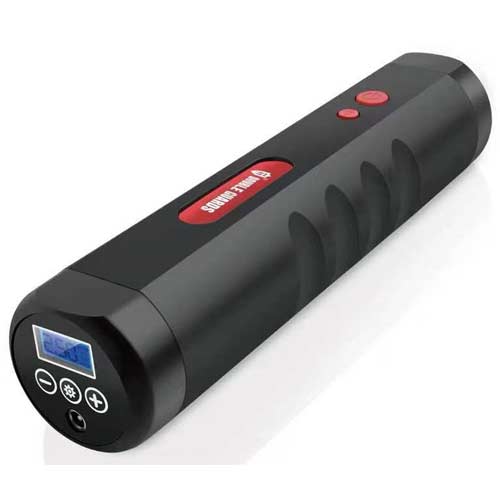 Portable Tire Inflator
Portable Tire Inflator
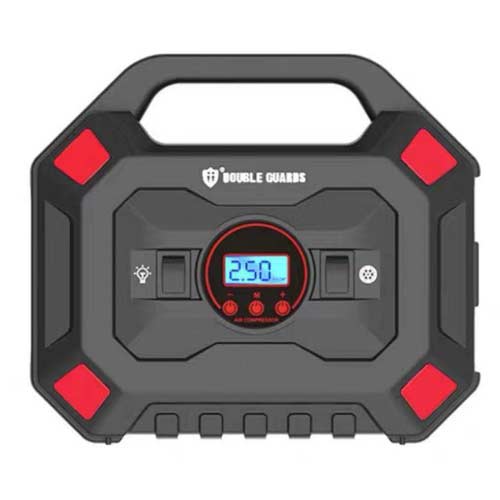 Custom Tire Inflator
Custom Tire Inflator
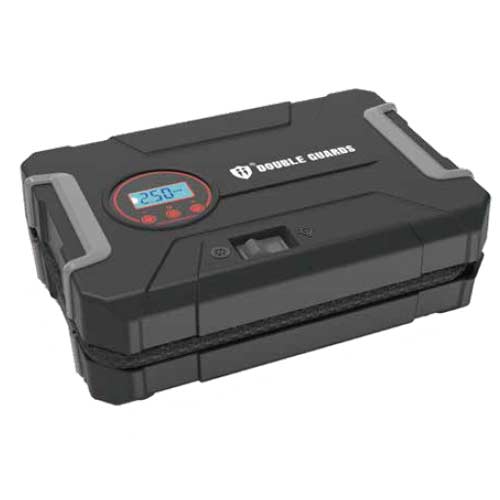 Tire Pressure Pump
Tire Pressure Pump
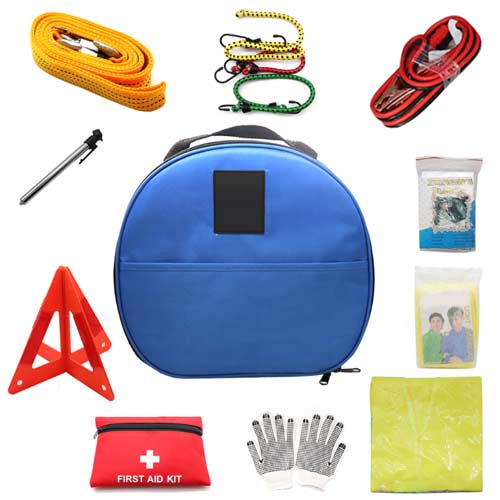 Auto Emergency kit
Auto Emergency kit